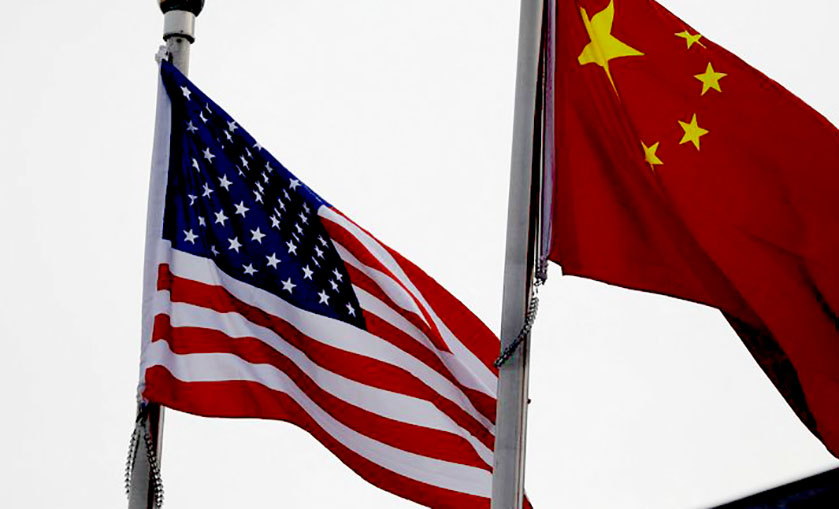Five Chinese state-owned enterprises whose audits are under review by the SEC have indicated they will delist from the NYSE.
Sinopec (NYSE:SHI), China Life Insurance, Chalco, PetroChina, and Sinopec Shanghai Petrochemical Co. will delist their ADSs this month.
They’re among more than 150 corporations designated by the SEC as breaching auditing criteria.
The corporations didn’t address Beijing and Washington’s long-running audit conflict in their announcements.
Here’s the latest on delistings and sales talks.
Where did the five companies go?
Ten days after the five companies apply to the SEC, the delistings will take effect.
They plan to deregister their ADSs and Hong Kong-listed H shares on the NYSE and stop the ADR programme.
Between delisting and programme termination, ADSs will be traded OTC.
Investors can exchange their ADSs for underlying H shares, which will remain tradeable.
What’s the controversy?
U.S. officials want full access to New York-listed Chinese companies’ audit working papers, or financial statement audit documentation. China has historically resisted letting foreign authorities check local accounting companies, citing security concerns.
In December, when the SEC finalised rules to ban trading in Chinese company shares, the conflict got worse.
Goldman Sachs (NYSE:GS) said in March that institutional investors in the U.S. held about $200 billion worth of Chinese ADRs.
What’s Happening?
Since last year, US and Chinese regulators have been negotiating.Beijing says both parties are committed to a settlement, but Washington is more cautious.
By Aug. 7, the SEC identified 162 Chinese firms with delisting threats in New York. A corporation will be barred from trading in spring 2024 if it fails to provide audit working documents for three consecutive years.
Last week, the head of a U.S. watchdog for corporate auditing said that it would not accept limits on audit papers for Chinese companies that are listed in New York.
How are the discussions going?
In March, China’s Vice Premier, Liu He, said regulator negotiations had progressed and both parties were working on cooperation arrangements. China’s securities watchdog vice head expects a deal “soon.”
SEC Chair Gary Gensler said last week he wouldn’t send inspectors to China or Hong Kong unless Washington and Beijing agreed to full audit access.
Last week, the U.S. Senate enacted a package to strengthen competition with China. Analysts and investors believe the law gives both sides another year to resolve the audit standoff. The final bill got rid of a part that would have given China until early 2023 to finish its audits.
Next?
The SEC has said the U.S. accounting regulator must conclude China checks by early November. This is what the watchdog needs to do to find out if it can inspect or look into accounting firms in mainland China and Hong Kong that are registered with U.S. rules.
It’s unclear what the SEC will do after receiving the watchdog’s 2022 annual report. After 2021, the SEC began identifying public businesses with trading suspension threats.
In the following months, the U.S. Congress may choose another legislative vehicle to move forward China’s audit paper deadline to spring 2023.

